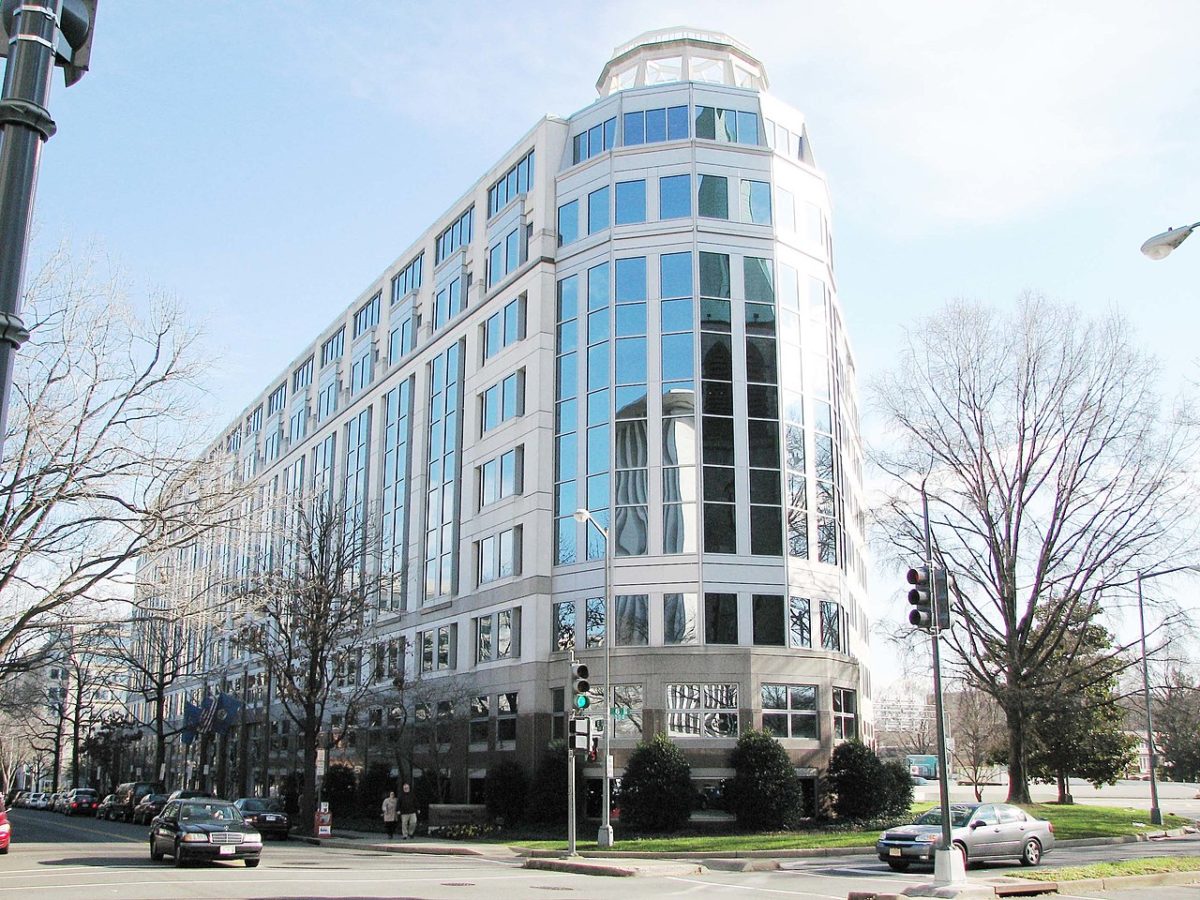Fremont, California-based module maker Solaria has announced that the U.S. International Trade Commission (ITC) has issued an initial determination finding related to Solaria's patent dispute with Chinese-Canadian solar manufacturer Canadian Solar, with the federal agency reportedly stating that the latter has violated Solaria's U.S. patent numbers 10,651,333 and 10,763,388.
The two patents cover Solaria's shingled solar module technology. “The judge’s initial determination unequivocally demonstrates that Canadian Solar utilized Solaria’s innovations and technology without permission and in violation of U.S. patent law,” Solaria said in a statement. “In so finding, the judge ruled against Canadian Solar’s claims that the patents were invalid and not infringed.”
Solaria added that, if those claims will be ascertained, the ITC may halt shingled module imports in the U.S. market from the Chinese-Canadian manufacturer. “Solaria is open to cooperating with companies that recognize the value of Solaria’s IP [intellectual property]; we’ve licensed Solaria’s technology to other companies in the industry,” Solaria CEO Tony Alvarez affirmed. “However, when foreign companies such as Canadian Solar ignore American patents and violate our core IP, Solaria will actively defend our IP against any infringers, and protect our technology for ourselves and our valued partners.”
Solaria had lodged a patent infringement claim for two patents in the U.S. District Court for the northern district of California in March 2020. Six months later, it brought the legal dispute to the ITC, adding a third patent – 10,763,388 – which concerns the technology in shingled modules that have a plurality of strings formed by overlapping PV strips.
Popular content
At that time, Canadian Solar had defined the patent lawsuit as “flawed.” “Asserting the same family of patents against the same limited number of products (HiDM and HiDM5) in a different forum does not make Solaria's claims any less flawed,” Canadian Solar stated.
Solaria said it gave Canadian Solar information about its shingling process in 2014, ahead of a proposed licensing deal between the two companies, with a non-disclosure agreement signed in June 2015.
This content is protected by copyright and may not be reused. If you want to cooperate with us and would like to reuse some of our content, please contact: editors@pv-magazine.com.



By submitting this form you agree to pv magazine using your data for the purposes of publishing your comment.
Your personal data will only be disclosed or otherwise transmitted to third parties for the purposes of spam filtering or if this is necessary for technical maintenance of the website. Any other transfer to third parties will not take place unless this is justified on the basis of applicable data protection regulations or if pv magazine is legally obliged to do so.
You may revoke this consent at any time with effect for the future, in which case your personal data will be deleted immediately. Otherwise, your data will be deleted if pv magazine has processed your request or the purpose of data storage is fulfilled.
Further information on data privacy can be found in our Data Protection Policy.